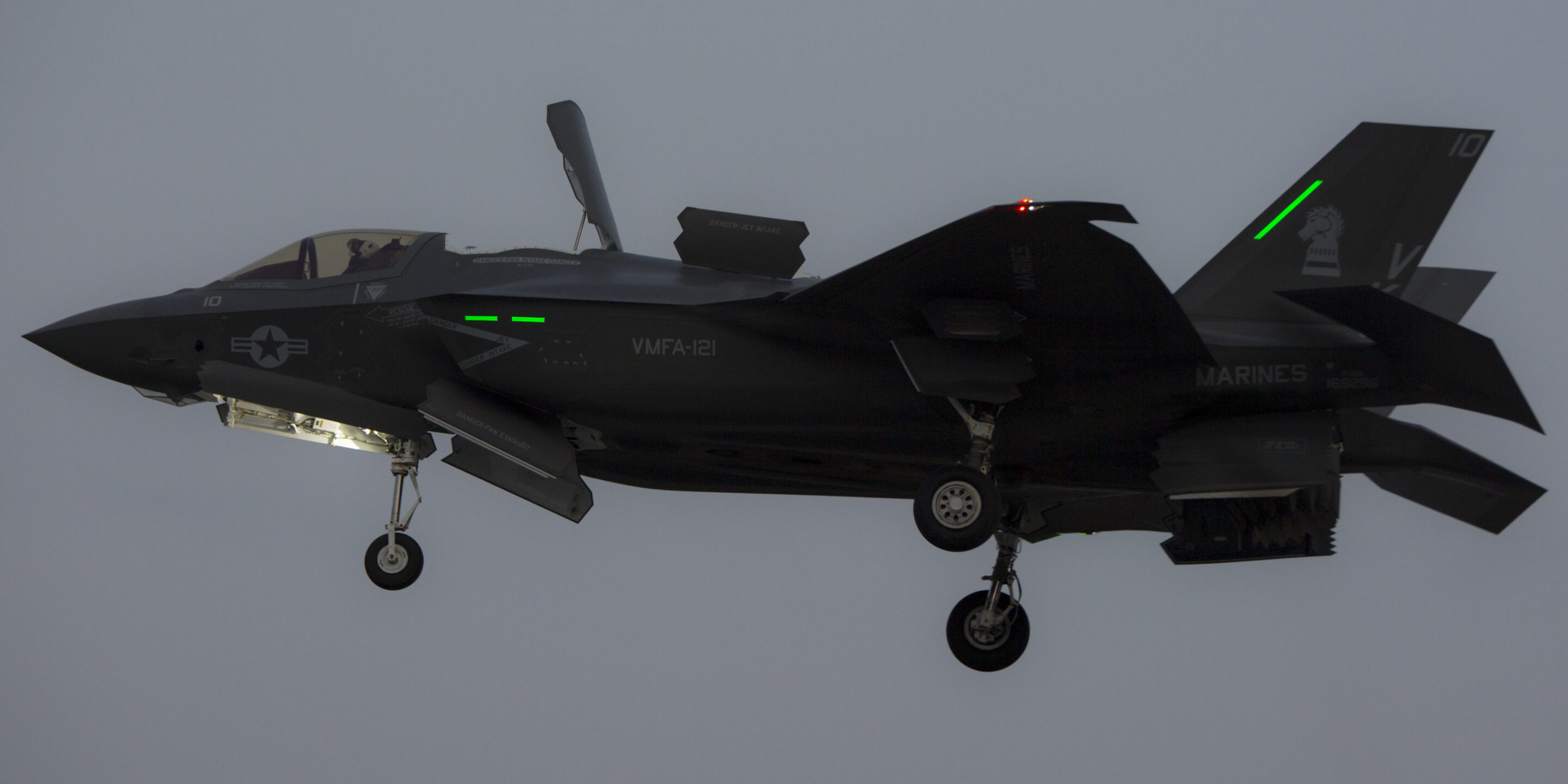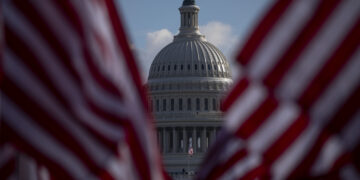January 16, 2024
US bombing of Houthis is the latest example of how Congress gets sidelined for military action

President Joe Biden’s decision on Thursday to order a wave of strikes against Houthi targets in Yemen was inevitable the moment the Yemeni militia disregarded Washington’s warnings a week earlier and sent a swarm of 18 drones and three anti-ship ballistic missiles in the direction of U.S. warships.
Last week’s strikes, which took place with the cooperation of the United Kingdom and were aimed at 60 locations, were designed to degrade the Houthis’ capabilities and hopefully deter additional attacks on shipping lanes in the Red Sea.
As one would expect, the U.S. military is highly proficient at these types of standoff operations. Tactically speaking, the mission was a success. The Houthis woke up the next morning with less military hardware than they had the previous night. As one anonymous U.S. defense official said shortly after the joint U.S.-U.K. strikes were over: “We hit them pretty hard, pretty good.”
Beyond the tactical and strategic questions surrounding the operation, however, are the legal and constitutional ones that were largely brushed aside. The key question: Does the president have the right to order military action without a vote from Congress?
Read article in The Chicago Tribune
Author

Daniel
DePetris
Fellow
More on Middle East

December 28, 2024





